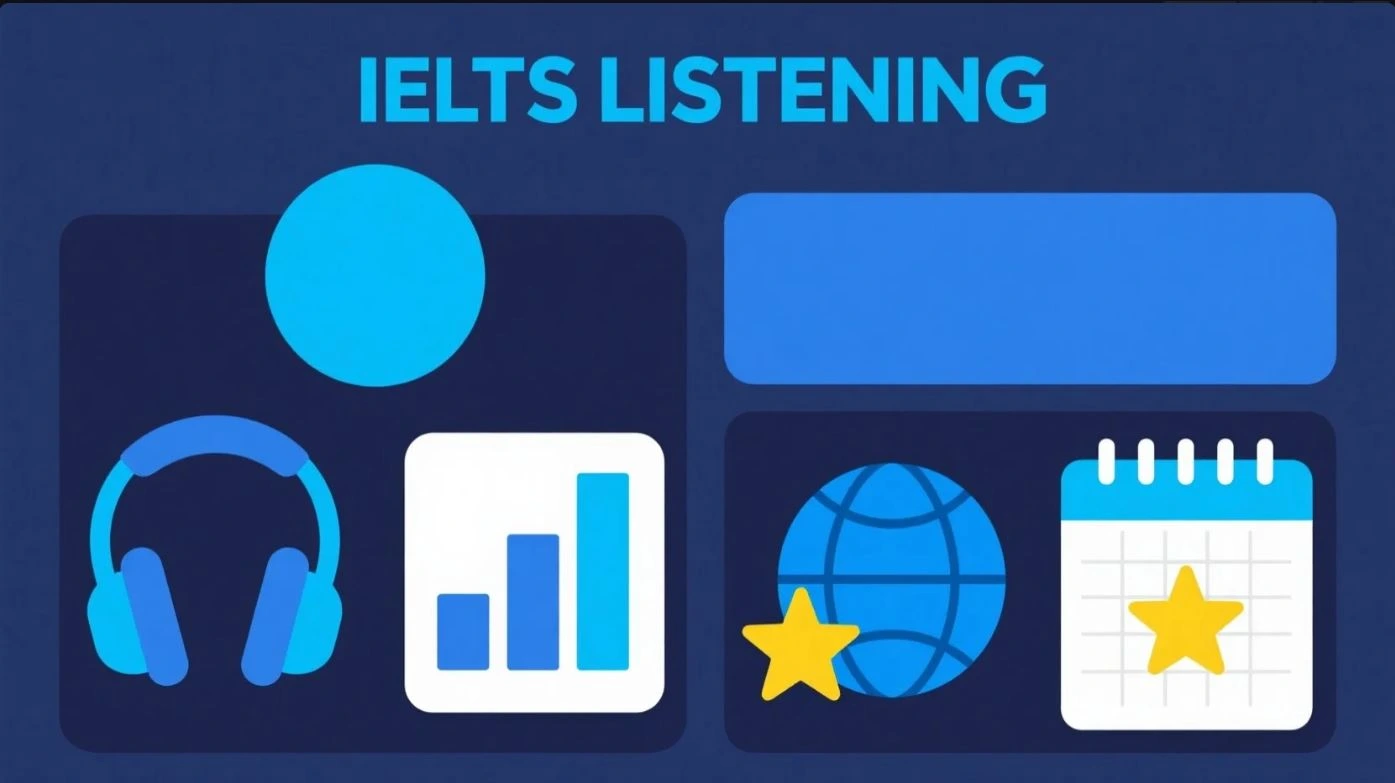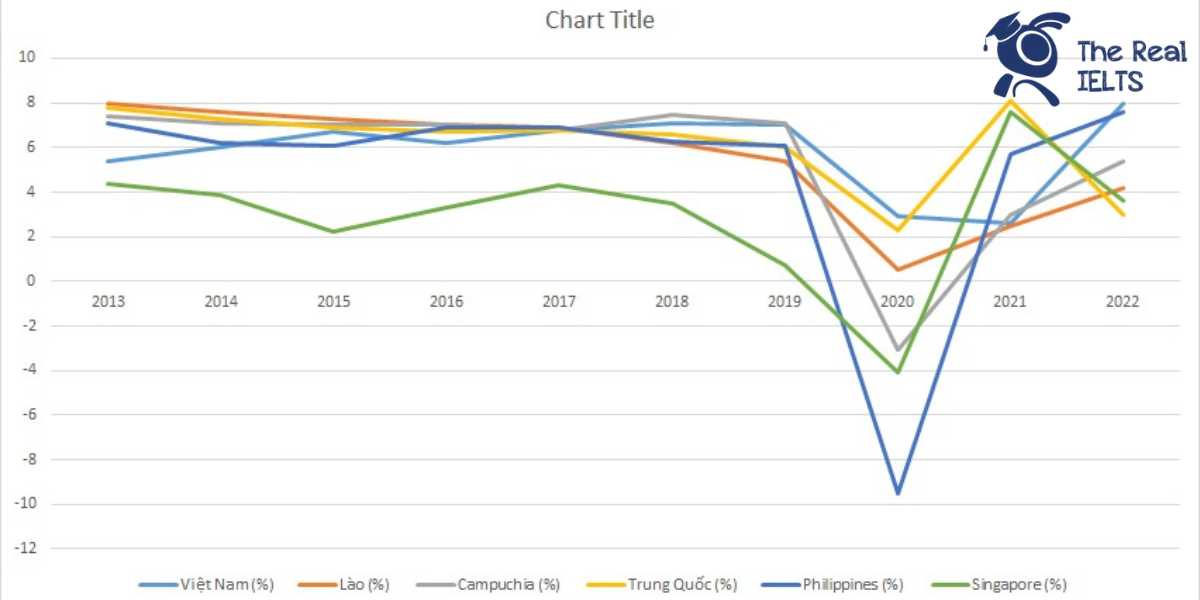Luyện tập IELTS Reading ngày 22 có chủ đề: The Role of International Organizations in Crisis Management. Bài này thuộc chuỗi IELTS Reading: 30 chủ đề luyện tập. Mỗi bài này luyện tập khoảng 30 phút.
Học lại bài cũ: IELTS READING Day 21: The History and Impact of the Industrial Revolution.
Đọc bài IELTS Reading và trả lời câu hỏi ở bên dưới
International organizations play a crucial role in managing global crises, ranging from natural disasters to armed conflicts and health emergencies. These organizations, such as the United Nations (UN), the World Health Organization (WHO), and the International Red Cross, are essential in coordinating relief efforts, distributing resources, and ensuring the well-being of affected populations.
The United Nations and Crisis Management
The United Nations (UN) is one of the most prominent international organizations involved in crisis management. Established in 1945 after World War II, the UN’s primary objective is to maintain international peace and security. It plays a key role in addressing conflicts, facilitating peace talks, and deploying peacekeeping missions to areas in crisis.
The UN Security Council is responsible for authorizing such peacekeeping operations. In situations of war or political unrest, UN peacekeepers work to prevent the escalation of violence, protect civilians, and ensure humanitarian aid reaches those in need. For example, in the aftermath of the 1994 Rwandan genocide, UN peacekeepers were deployed to stabilize the region and assist with the recovery process.
Moreover, the UN’s specialized agencies, such as the World Food Programme (WFP) and the United Nations High Commissioner for Refugees (UNHCR), are directly involved in providing food, shelter, and medical assistance to displaced populations. In recent years, the WFP has been instrumental in delivering aid to war-torn regions such as Syria and Yemen.
The World Health Organization’s Response to Health Crises
The World Health Organization (WHO) focuses on global health and has been at the forefront of managing international health crises, including pandemics. During the COVID-19 pandemic, the WHO played a pivotal role in coordinating the global response, issuing guidelines on health protocols, and distributing vaccines and medical supplies to countries in need.
The WHO also works on long-term preparedness for health emergencies, providing countries with strategies for improving their healthcare infrastructure and readiness to respond to future outbreaks. Its work during the Ebola crisis in West Africa (2014-2016) highlighted the need for rapid, coordinated responses to prevent the spread of deadly diseases.
The International Red Cross and Humanitarian Aid
The International Red Cross is another key organization in crisis management, particularly in the field of humanitarian aid. Operating under the principle of neutrality, the Red Cross provides assistance to victims of armed conflicts and natural disasters, regardless of their political affiliation. This neutrality allows them to access areas that are often off-limits to other organizations.
The Red Cross focuses on providing emergency medical care, shelter, food, and water. It also works with local authorities to reunite families separated by crises and armed conflicts. For instance, the organization played a significant role in the response to the 2004 Indian Ocean tsunami, coordinating international relief efforts and helping millions of people affected by the disaster.
The Challenges Faced by International Organizations
Despite their critical role, international organizations often face significant challenges in crisis management. One of the primary issues is funding. Many international organizations rely on voluntary donations from member states and private donors, which can fluctuate based on the political and economic climate. Inadequate funding can delay response efforts and reduce the scope of aid provided to those in need.
Another challenge is political interference. In some cases, governments may restrict the access of international organizations to crisis zones, particularly in conflict areas where political interests are at stake. For example, during the Syrian civil war, several international organizations struggled to deliver aid to besieged areas due to blockades imposed by various factions involved in the conflict.
Lastly, the scale and complexity of modern crises, such as climate change-induced natural disasters and global pandemics, require more extensive coordination and collaboration between international organizations, governments, and the private sector. The need for more innovative approaches to crisis management has become increasingly evident in recent years.
Conclusion
International organizations are indispensable in managing crises across the globe. Their ability to coordinate efforts, deliver humanitarian aid, and promote peace is essential for mitigating the effects of both natural and human-made disasters. However, these organizations must overcome challenges related to funding, political interference, and the growing complexity of modern crises to continue fulfilling their vital roles in global crisis management.
Từ vựng
- International organizations – các tổ chức quốc tế
- Crisis management – quản lý khủng hoảng
- Natural disasters – thảm họa thiên nhiên
- Armed conflicts – xung đột vũ trang
- Health emergencies – tình trạng khẩn cấp về y tế
- Relief efforts – nỗ lực cứu trợ
- Resources – nguồn lực
- Affected populations – các cộng đồng bị ảnh hưởng
- United Nations (UN) – Liên Hợp Quốc
- Peace and security – hòa bình và an ninh
- Conflicts – các cuộc xung đột
- Peace talks – đàm phán hòa bình
- Peacekeeping missions – các sứ mệnh gìn giữ hòa bình
- UN Security Council – Hội đồng Bảo an Liên Hợp Quốc
- Violence – bạo lực
- Civilians – dân thường
- Humanitarian aid – viện trợ nhân đạo
- Displaced populations – các cộng đồng bị di dời
- World Food Programme (WFP) – Chương trình Lương thực Thế giới
- United Nations High Commissioner for Refugees (UNHCR) – Cao ủy Liên Hợp Quốc về người tị nạn
- Global health – sức khỏe toàn cầu
- Pandemics – đại dịch
- Medical supplies – thiết bị y tế
- Healthcare infrastructure – cơ sở hạ tầng y tế
- Outbreaks – các đợt bùng phát (dịch bệnh)
- Ebola crisis – khủng hoảng Ebola
- Humanitarian aid – cứu trợ nhân đạo
- Neutrality – tính trung lập
- Emergency medical care – chăm sóc y tế khẩn cấp
- Shelter – nơi trú ẩn
- Challenges – thách thức
- Funding – tài trợ
- Donations – đóng góp
- Political interference – sự can thiệp chính trị
- Government restrictions – các hạn chế của chính phủ
- Collaboration – sự hợp tác
- Climate change-induced – do biến đổi khí hậu gây ra
- Global crisis management – quản lý khủng hoảng toàn cầu
Câu hỏi IELTS Reading The Role of International Organizations in Crisis Management
1. Which of the following organizations is mentioned as having a role in health crisis management? a. United Nations
b. International Red Cross
c. World Health Organization
d. World Food Programme
2. According to the passage, what is one of the main challenges international organizations face in crisis management?
a. Lack of technology
b. Political interference
c. Shortage of volunteers
d. Poor communication
3. What is the role of the UN Security Council in crisis management?
a. Delivering medical supplies to war zones
b. Authorizing peacekeeping operations
c. Funding the UN High Commissioner for Refugees
d. Reuniting families separated by conflict
4. Why is the principle of neutrality important for the International Red Cross?
a. It helps them to raise more funds
b. It allows them access to areas off-limits to other organizations
c. It ensures faster response during natural disasters
d. It reduces political interference
5. Which of the following is NOT mentioned as a function of the World Health Organization (WHO)?
a. Coordinating the global response to pandemics
b. Issuing guidelines for health protocols
c. Deploying peacekeeping missions
d. Distributing vaccines and medical supplies
Đáp án IELTS Reading The Role of International Organizations in Crisis Management
1. Which of the following organizations is mentioned as having a role in health crisis management?
c. World Health Organization
2. According to the passage, what is one of the main challenges international organizations face in crisis management?
b. Political interference
3. What is the role of the UN Security Council in crisis management?
b. Authorizing peacekeeping operations
4. Why is the principle of neutrality important for the International Red Cross?
b. It allows them access to areas off-limits to other organizations
5. Which of the following is NOT mentioned as a function of the World Health Organization (WHO)?
c. Deploying peacekeeping missions















